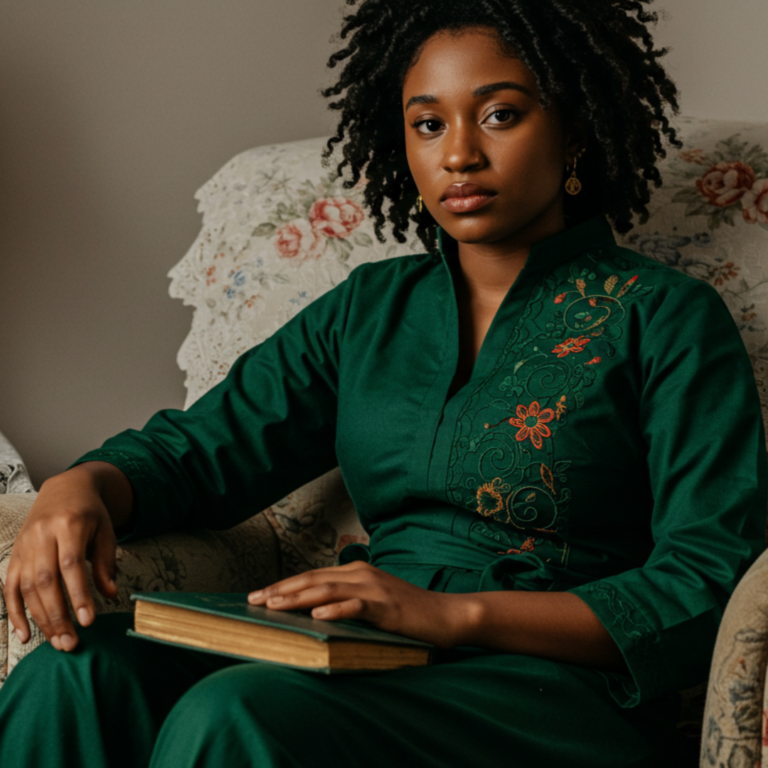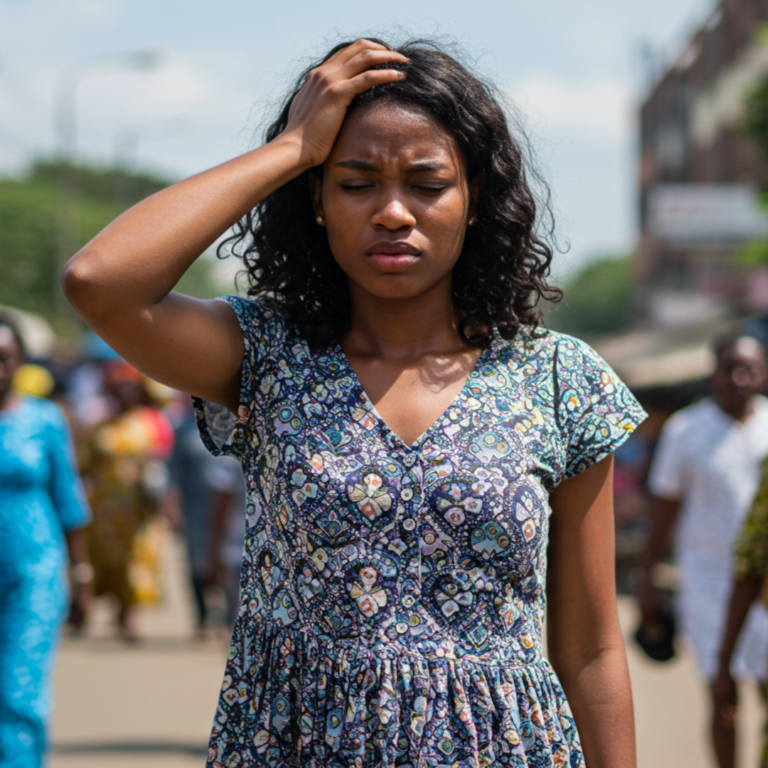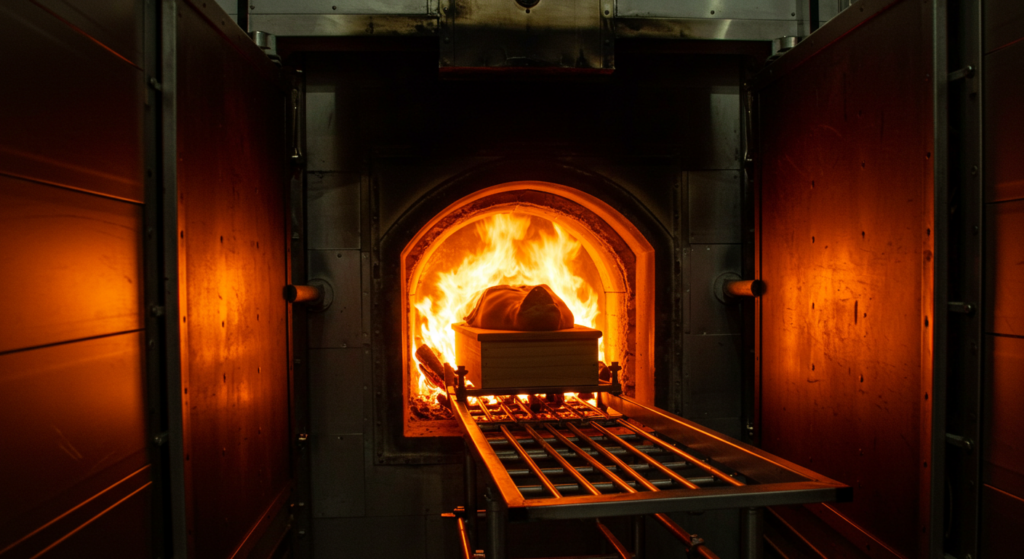
Cremation — the process of burning a dead person’s body into ashes — isn’t common in Nigeria, where burials are deeply traditional, cultural, and often expensive. However, in 2013, in response to factors like land scarcity and population growth, Lagos State passed a bill legalising voluntary cremation.
Still, it remains an unusual choice.
We spoke to *Elijah, 28, who explains why his family chose to cremate their mother, how much it cost, and how it shaped their grieving process.
This is the cost of cremation in Nigeria, as told to Aisha Bello
She didn’t want a traditional burial.
It was a tough decision, even though it was her wish.
My mum was ill for a while and always emphasised that she’d like to be cremated when she passed. She didn’t want long funeral ceremonies, travelling with her body to the village, no stress. She’s always been practical about death.
It was good for us, the children, because it made the whole process easier. We didn’t have to keep her body in the morgue for weeks while extended family argued over arrangements. We just followed her wishes and moved quickly.
Of course, not everyone was happy about it. Some extended family members wanted us to do things the traditional way. However, there was some level of support because everyone knew who she was: a strong-willed, sophisticated and unconventional woman. We didn’t receive full approval, but we did get enough.
Even the church was hesitant at first; they argued that cremation goes against Christian doctrine. This caused some delay, but we eventually worked it out and secured a date for a church service.
We Moved Quickly
My mum passed on December 31st, 2023, and my siblings and I were all with her when it happened. The next morning, we took her body to the morgue and started making arrangements.
Within two weeks, we sorted everything — from the service of songs to the wake-keeping and the actual cremation. Her values guided us throughout: cremate her, honour her spirit, keep her ashes and don’t waste money on things that didn’t matter to her in life.
We contacted the crematorium in Yaba, one of the few places in Lagos that offers the service. The staff there were professional and handled the entire process with care. Because it was a holiday, we had to pay a little extra to get things done quickly, but that was fine. We just wanted to do it her way.
How Much It Cost: The Total Breakdown
- Cremation Fee: ₦550,000
- Coffin Rental (for viewing): 200,000
- Urn Purchase: ₦90,000
- Refreshments for Church programmes & Wake-keeping at Home: ₦1,035,000
- Vendors & Logistics (chairs, canopy, lighting, etc.): ₦600,000
- Printing Banners, Obituary Posters, and Programmes: ₦500,000
- Service of Songs (including church arrangements): ₦505,000
- Total Spend: ₦3,480,000
Although many people assume cremation is the more affordable option, we still spent approximately ₦3 million. The cremation alone cost ₦550k.
We rented a coffin for a brief viewing, bought a beautiful urn for her ashes, and hosted a small wake at home. We fed the guests who came, had vendors handle logistics such as canopies and chairs, printed programmes and banners, and held a short service of songs in the church.
It wasn’t extravagant, but it was complete. Everything was done with care and intention, just as she wanted.
It was cheaper, yes, considering traditional burials in Lagos can cost up to 10 million, but it was also easier. We could focus on grieving, not logistics and ceremony. We didn’t transport her to the village, spend millions on a burial plot, or hold an elaborate ceremony. Instead, we honoured her by doing exactly what she asked.
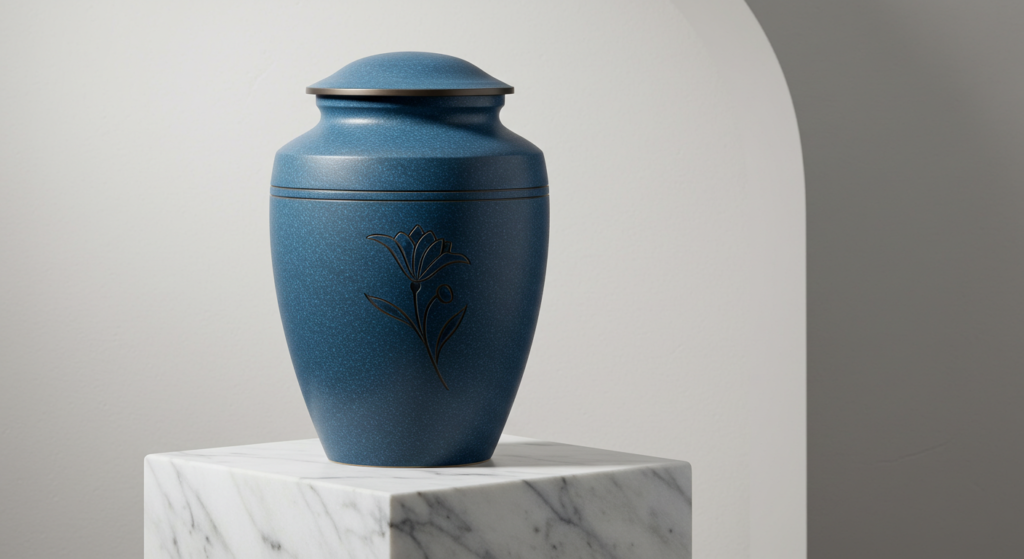
Finding an urn for her ashes was one of the hardest parts. We spent three days searching because, truthfully, Nigerians rarely use cremation services. From what I saw, most of the demand comes from the Indian community in Nigeria, where cremation is part of their culture.
A decent coffin can cost over ₦1 million, and a medium-density vault to seal it at a Lagos cemetery can go as high as ₦20 million. The urn for her ashes wasn’t expensive compared to the price of a coffin; we got it for ₦90,000, but it was incredibly hard to find.
At The Heart of It
Her ashes are currently in my house, but it’s not her final resting place. Eventually, my siblings and I will lay her to rest in our family home and perhaps even build her a tiny urn vault; something lasting and beautiful, like the Japanese do. She’d be happy and proud of how we honoured her wishes.
But for now, I’m keeping her close. My faith doesn’t place meaning in ashes or proximity, but there’s a quiet reassurance in knowing she’s nearby. The pain of remembering is real, but I’d rather feel that than forget.
As for me, cremation is what I want too. I don’t want to be buried in the ground to rot. I’d rather be reduced to ash and sent off more cleanly and intentionally. In a country like Nigeria, where land isn’t truly yours, even graves don’t promise permanence. The government owns the land; we’re just renting. And I’ve seen how easily graves disappear, how memories are lost to development and neglect.
Cremation, to me, feels like a more respectful and sophisticated farewell — one that doesn’t rely on uncertain soil, but on the certainty of choice.
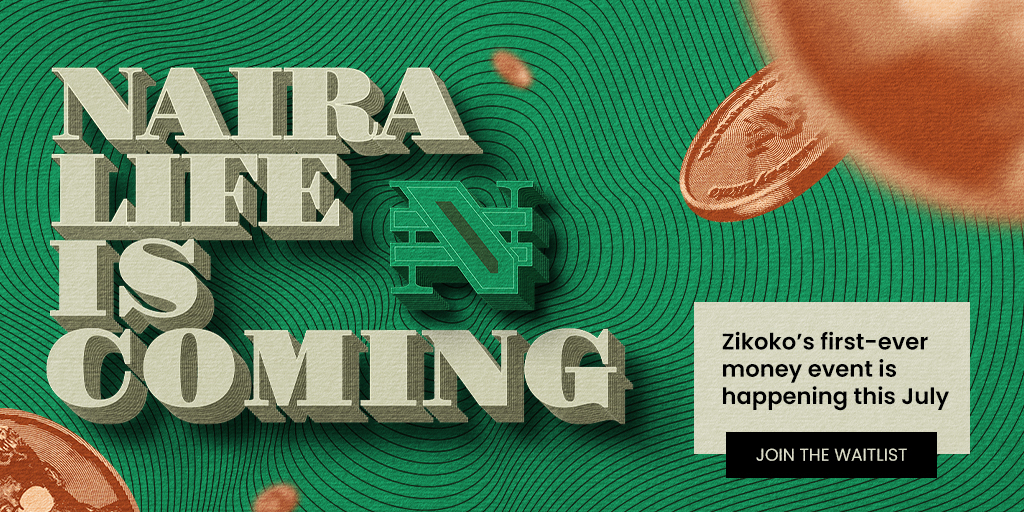
Click here to join the waitlist for Zikoko’s first-ever money event!

